CORPORATE
Setback for Airtel in GST refund case as Supreme Court upholds government’s appeal
- IBJ Bureau
- Oct 28, 2021

The Supreme Court on Thursday upheld the government’s appeal and dismissed a Delhi High Court’s May, 2020 order that allowed Bharti Airtel to claim Rs 923 crore as refund of excess Goods and Services Tax (GST) returns filed by the telecom company in July-September 2017.
The government had moved the apex court against Delhi High Court’s May 5, 2020, order which allowed Airtel the refund of excess GST returns filed in July-September 2017.
In its order, the high court had directed the government to verify the excess GST claim within two weeks of the order and refund the amount to Bharti Airtel.
The Sunil Mittal-led carrier had pleaded that it had paid an excess amount of Rs 923 crore as tax since the GSTR-2A form was not operational during the error period. However, the government had claimed that Airtel had under-reported input tax credit from July to September 2017.
“Since there were no checks on Form GSTR-3B, which was manually filled by the petitioner, the excess payment of tax went unnoticed,” said a copy of the high court order delivered on May 5. It added that Airtel “desires to correct its returns,” but is being prevented from doing so as there is no enabling statutory procedure implemented by the government.
Accordingly, the high court directed that on the filing of a rectified Form GSTR-3B, “the respondents (read: Union of India) shall within two weeks, verify the (Airtel’s) claim” and give effect to the same once verified”.
But the top court said that it agreed with the government that any “indulgence shown contrary to the statutory mandate would not only be an illegality but in reality would simply lead to chaotic situation and collapse of tax administration of Union, States and Union Territories”.
As a result, Airtel “cannot be permitted to unilaterally carry out rectification of its returns, submitted electronically in Form GSTR¬3B, which inevitably would affect the obligations and liabilities of other stakeholders because of the cascading effect in their electronic records,” the order said.


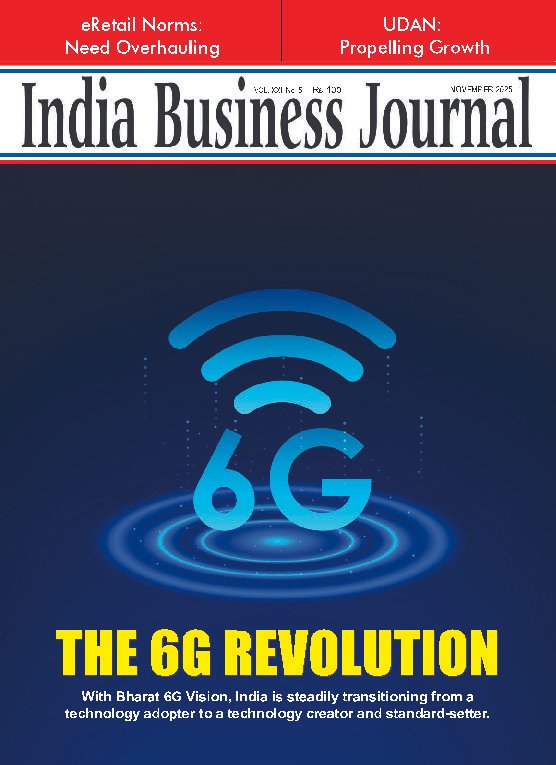
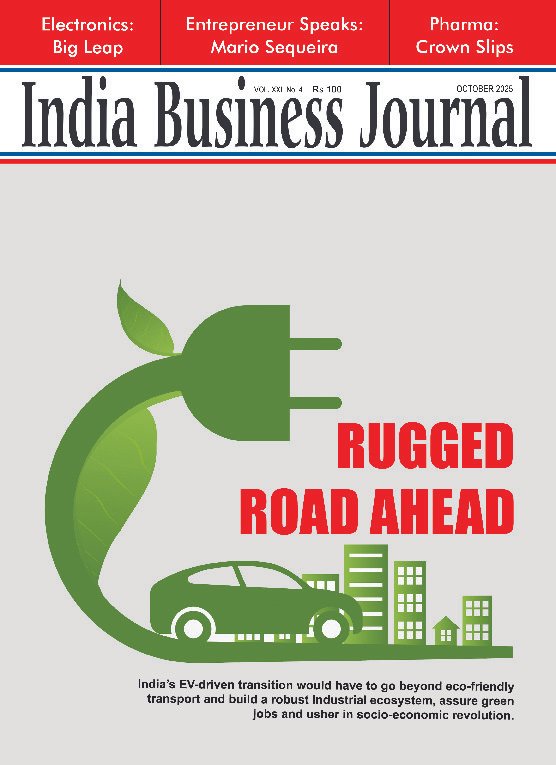
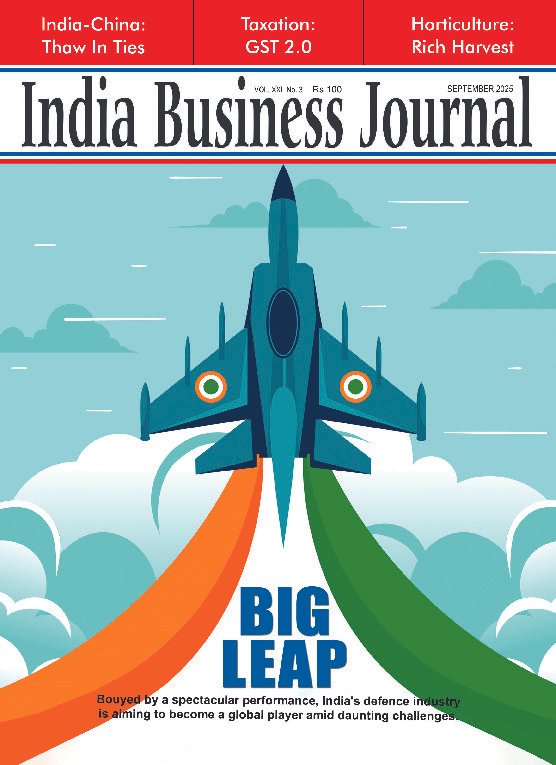
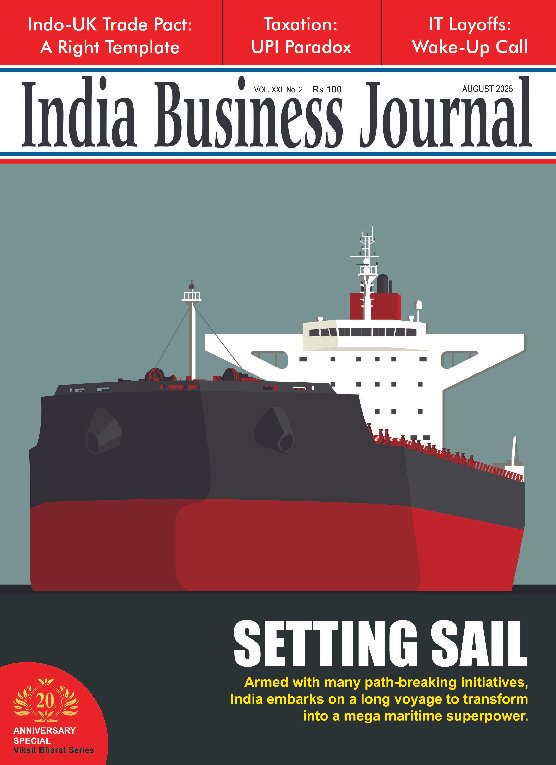









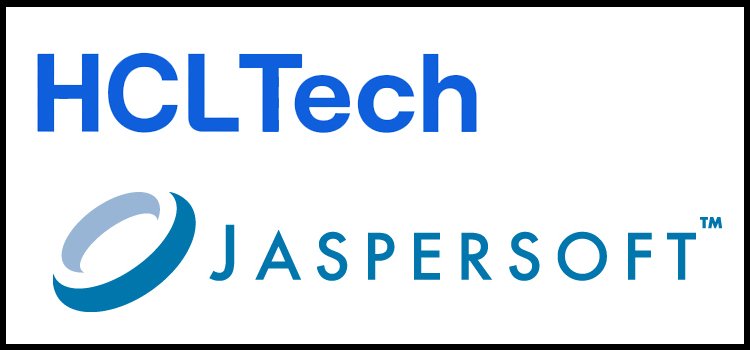





Report By
View Reporter News